One Sentence Engagement? Is it truly possible to condense the science of employee engagement into a single sentence? It is and I’m about to convince you of that. But first I need to explain why I’m taking this extreme exercise in reductionism. Studying leadership and employee engagement has been a passion of mine for the last couple of decades. As an entrepreneur, I used engagement to chase and eventually catch a Best Place to Work award. As an author, one book on engagement somehow turned into three. One speech turned into a global tour. And this article on engagement is number one hundred and something. <> I know of no topic that is more important to the long-term success of a business than engagement.
Read More
How The Jaybro Group is leveling up its culture by teaching their employees to think and act like owners. As the War for Talent continues to rage across the global workforce, a few companies have made bold moves to make themselves what we might call “employers of choice.” In other words, they’re building the kinds of organizational cultures that allow them to attract and retain world-class talent even in the face of tremendous competition. A prime example of a company leading the way in building a standout organizational culture is the Jaybro Group, a full-service supplier of consumables, safety, geosynthetic fabrics, temporary fencing, and barriers to the infrastructure and construction sector in Australia and New Zealand. In April 2021, Jaybro received an award that simply made official what everyone at Jaybro already believed. Jaybro was officially certified as a great workplace by the Global Authority, Great Place to Work®—an organization recognizing the best places to work in Australia for more than 14 years. “Being a Great Place to Work gives us an advantage as we continue to attract the best talent and build brand recognition in the civil and infrastructure supply sector,” says Alison Passey, Jaybro’s Group HR Manager. “The employees who are an excellent fit for our culture remain with us for longer, are happier, and are more engaged in their work because they have found their ‘tribe.’”
Read More
Over the years, I’ve interviewed over 200 highly successful CEOs, military officers, entrepreneurs, and leadership gurus including John C. Maxwell, Ken Blanchard, Stephen M.R. Covey, Liz Wiseman, Kim Scott, Patty McCord, and others. I always get them to reveal their number one secret to workplace leadership; what advice would they give to a younger version of themselves? After analyzing their answers 10 themes emerged.
Read More
How One Business Owner Empowers Her Team To Think And Act Like Owners In 2006, Aimee Woodall set off from Georgia on a 2,190-mile adventure to hike the Appalachian Trail. Alone. Woodall was inspired to tackle the five-month trek a year earlier when she inadvertently struck up a conversation with a couple of hikers in the town of Hot Springs, NC. While Woodall, a native of Houston, Texas, wasn’t much of a hiker at the time, she wasn’t going to let that fact get in the way of beginning an epic adventure. “It’s my personality to dive into things in an extreme way,” says Woodall. “And I like the challenge of jumping into something cold turkey. I don’t let fear get in my way.”
Read More
While the world focuses on blaring headlines and dramatic confrontations, humility continues on quietly—but meaningfully—behind the scenes, and away from the spotlight. In his new pamphlet, “Humility: A Humble, Anarchistic Inquiry,” Zingerman’s co-founder Ari Weinzweig shares his two-year-long inquiry into how the gentle art of humility can bring out our humanness, elevate organizational effectiveness, enhance leadership, and enrich quality of life.
Read More
The pandemic has forced all of us—coaches, teachers, pastors, business leaders, and even parents—to walk a very narrow line. On one hand, we all need to take every action we possibly can to keep our friends, neighbors, kids, and co-workers healthy and safe even as the virus continues to surge. On the other hand, we have to find creative ways to keep society functioning—without jeopardizing the health of each other.
Read More
Surveys show that employees don’t usually participate in The Great Game of Business® until they feel comfortable with the numbers and with the whole idea of the GGOB. Fortunately, there are plenty of other ways to quickly build a sense of excitement and a feeling of empowerment within your organization. What is Employee Empowerment? It relies on a single core principle: giving employees the right resources, whether it's financial literacy education, hands-on training, or new tools, to make accurate decisions on behalf of the company. Benefits of Employee Empowerment Improved workplace culture. Heightened productivity. Better quality work. Organization-wide engagement. Here are 5 tips that will get your employees engaged and empowered:
Read More
Success happens frequently when playing the Great Game of Business®. Whether it is winning a MiniGame™ or hitting your goals, there are plenty of opportunities to accelerate these results. To be even more successful, what we say when things go right is important (Gable, Gonzaga & Strachman, 2006). After a success, there are four types of responses:
Read More
Success happens frequently when playing the Great Game of Business. Whether it is winning a MiniGame or hitting your goals, there are plenty of opportunities to accelerate these results. To be even more successful, what we say when things go right is important (Gable, Gonzaga & Strachman, 2006). After a success, there are four types of responses:
Read More

.png)

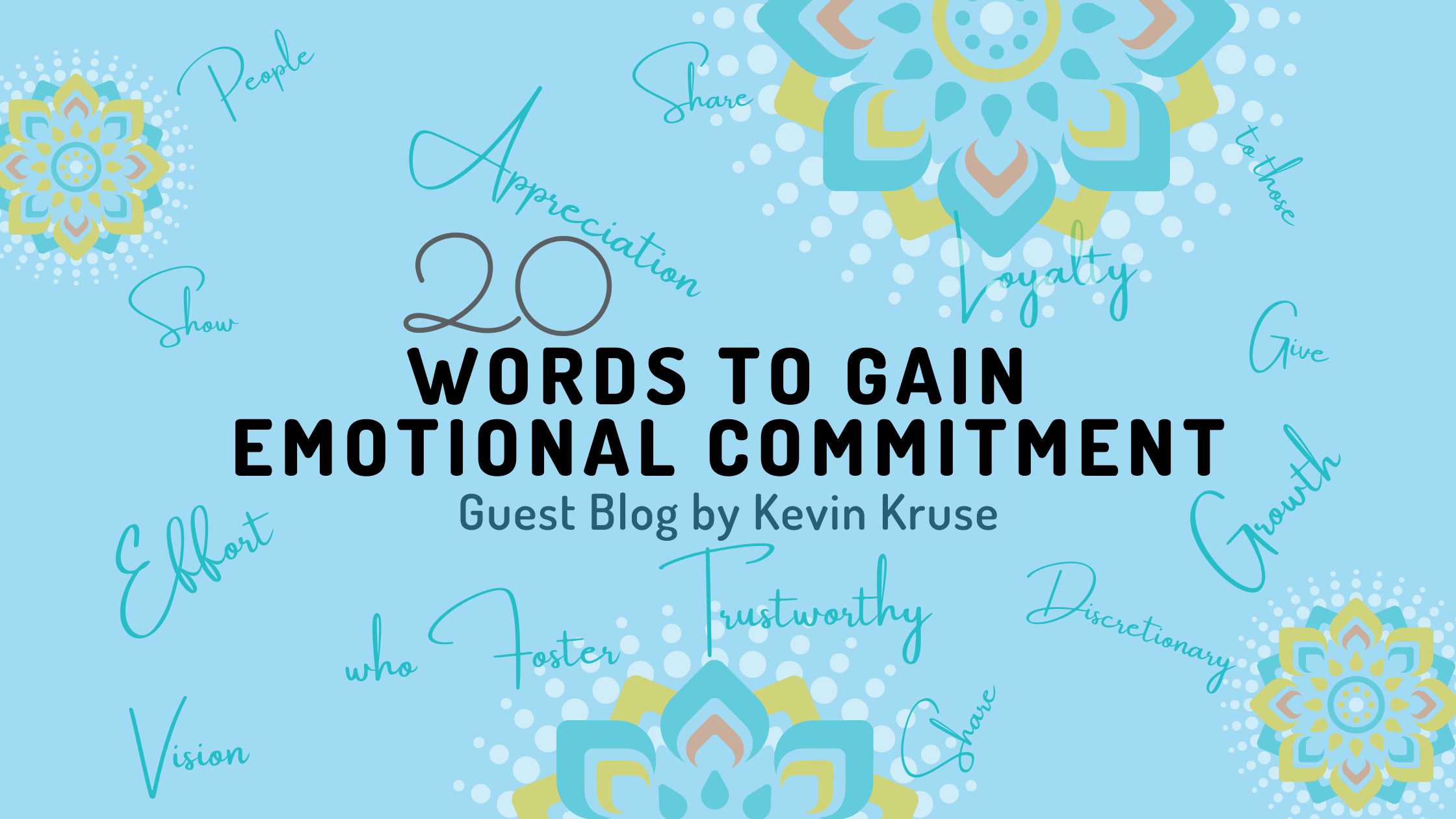
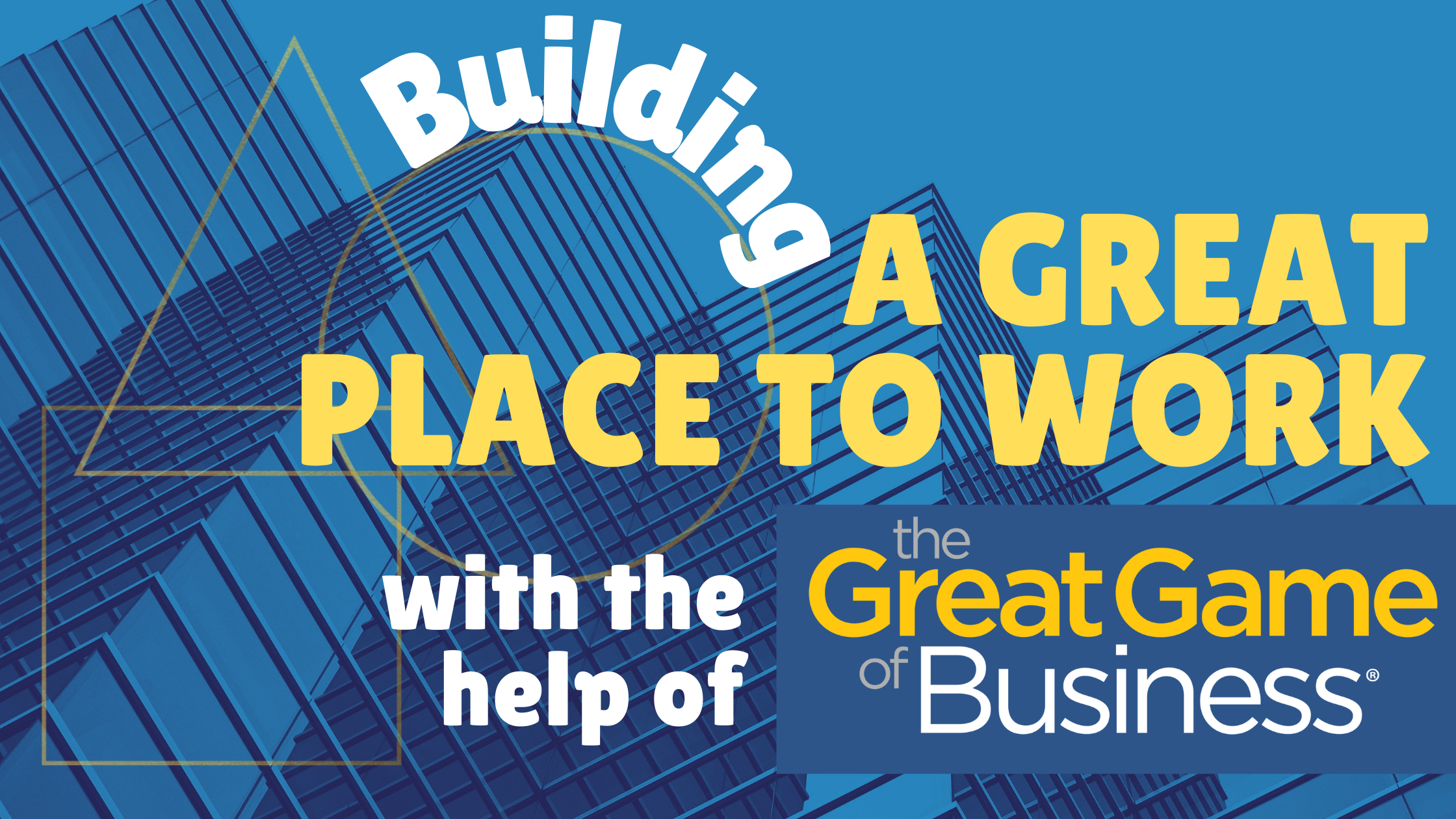

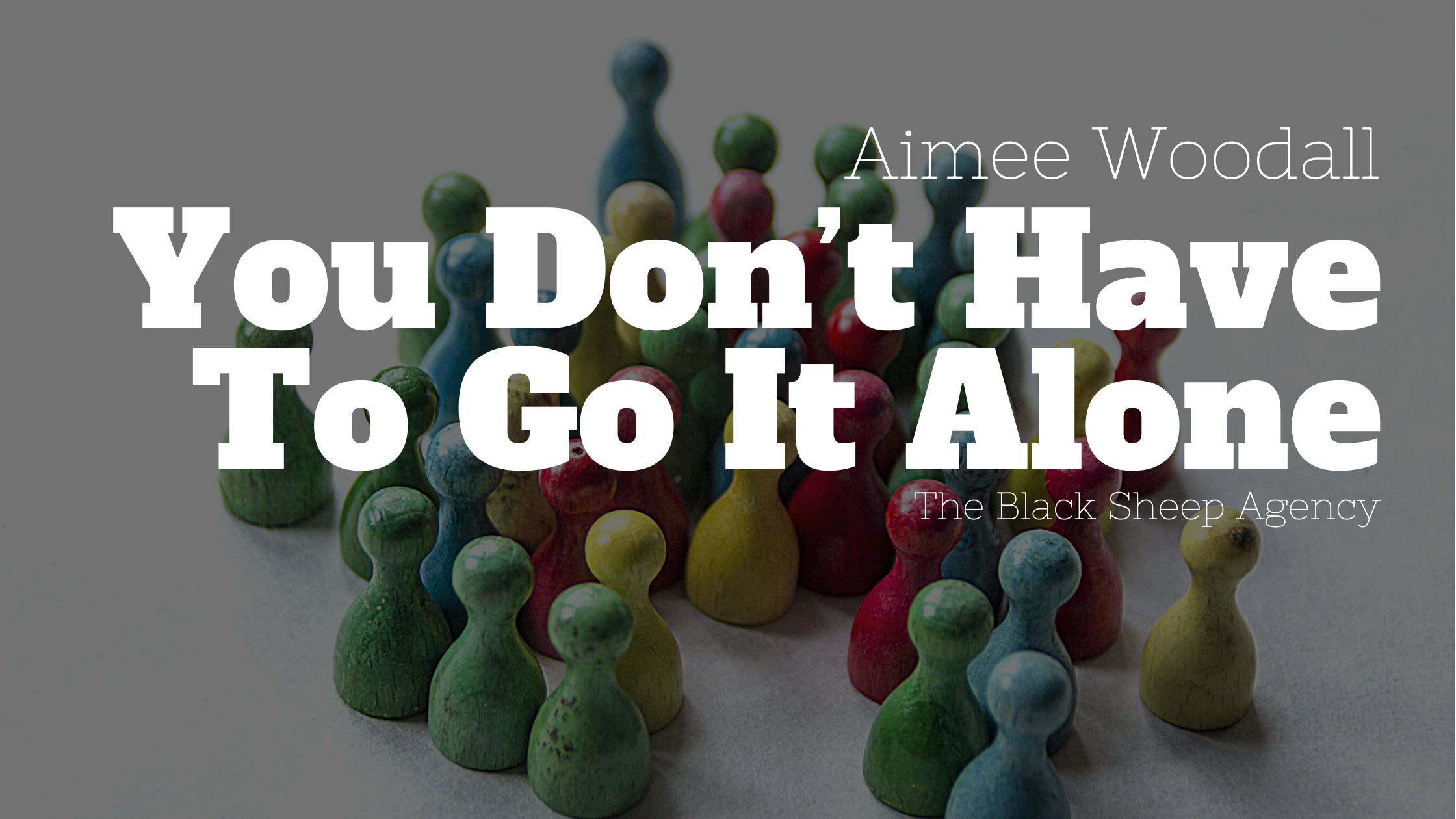


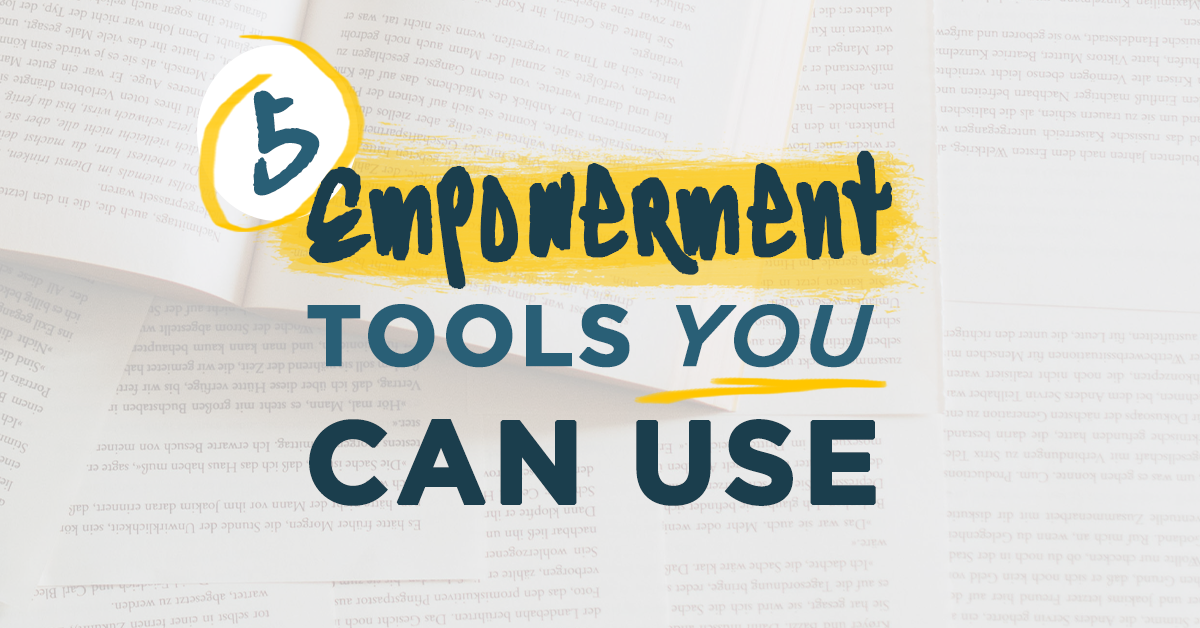

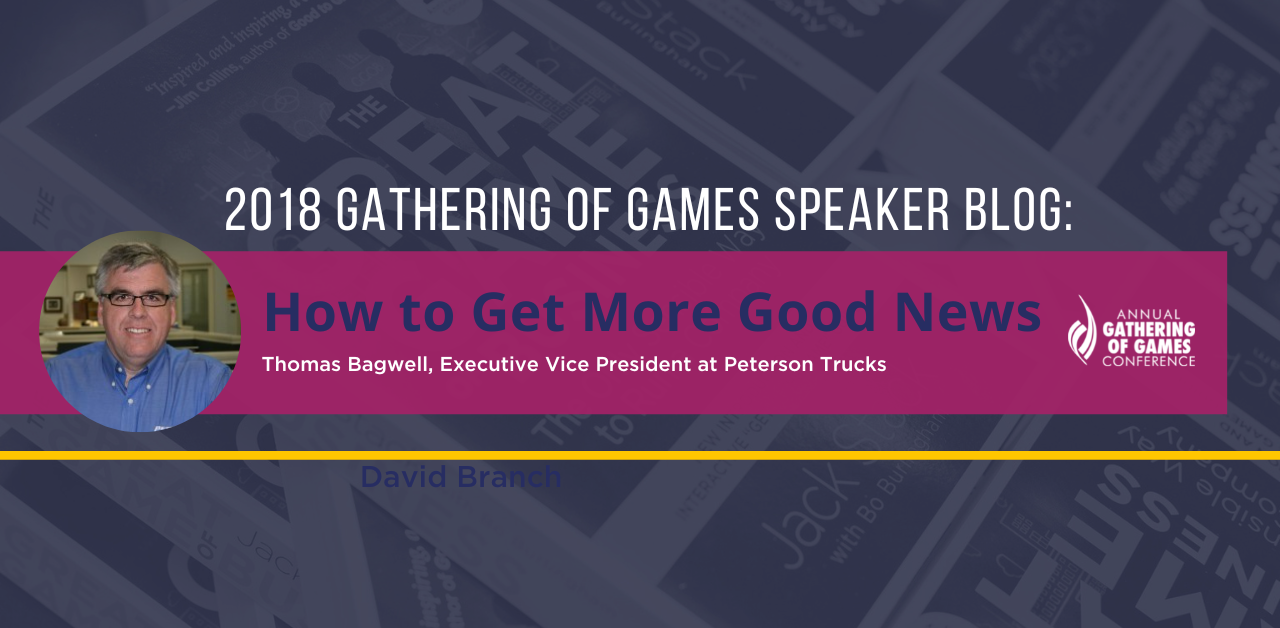


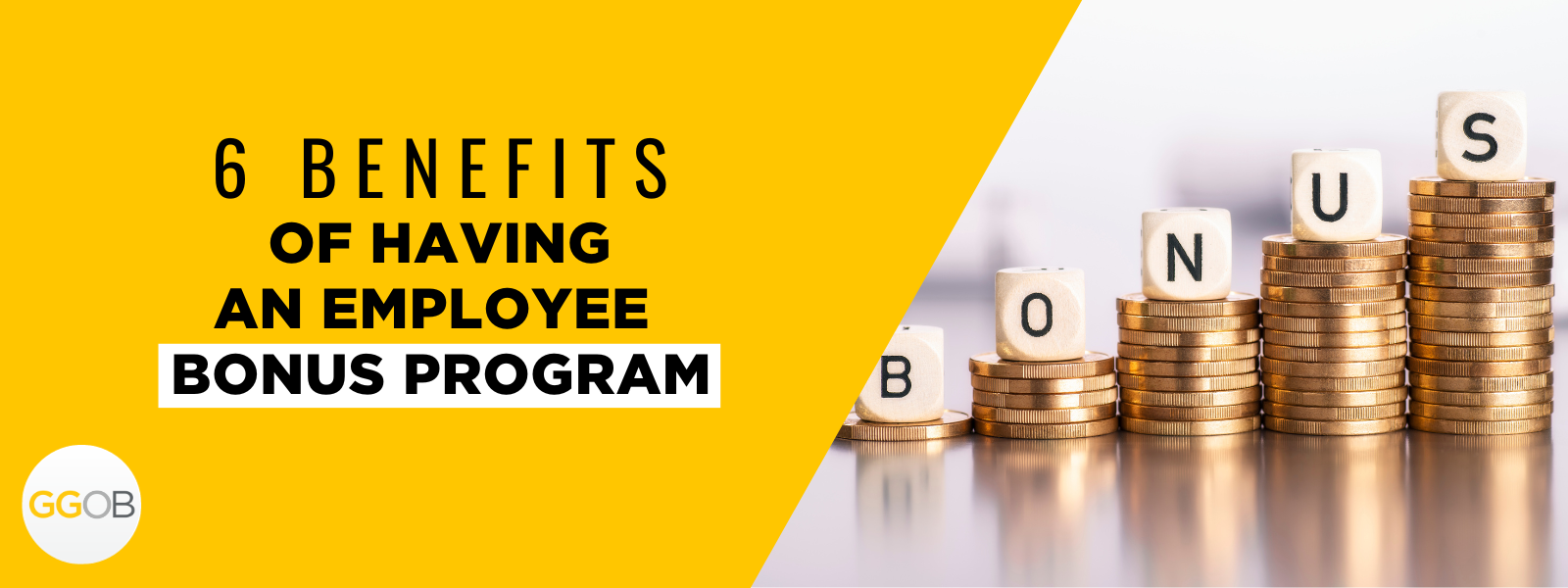

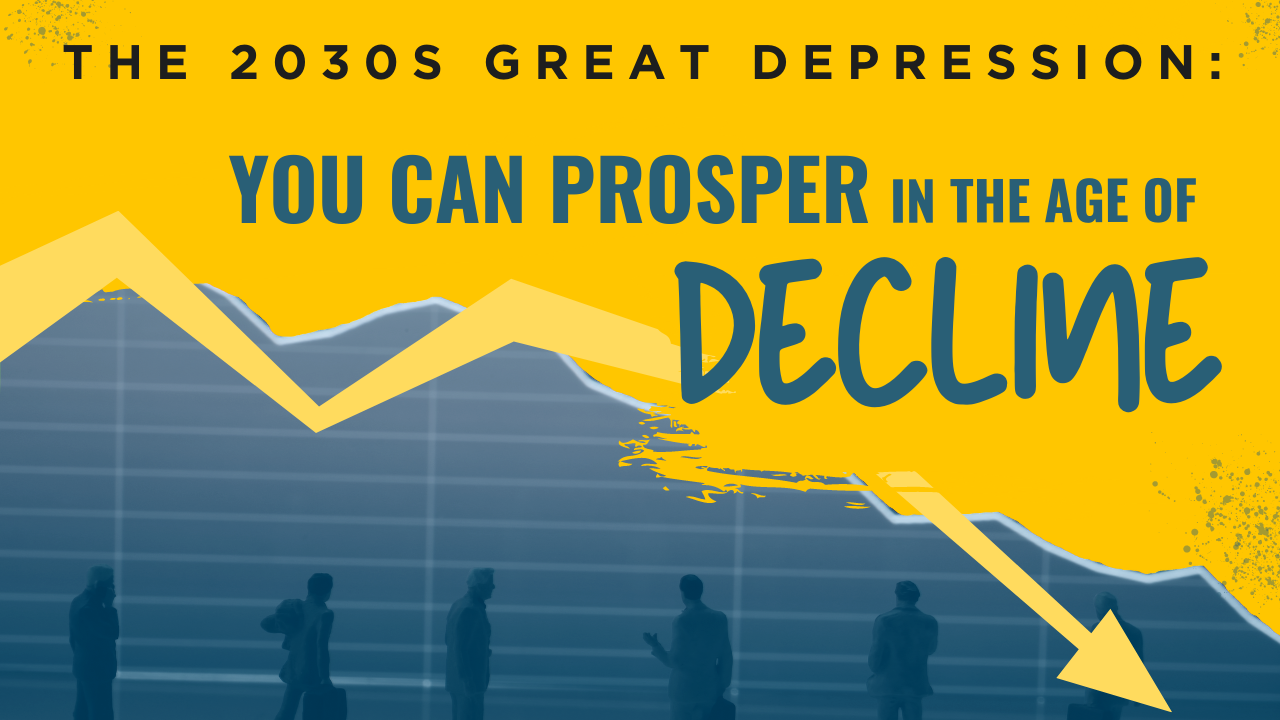
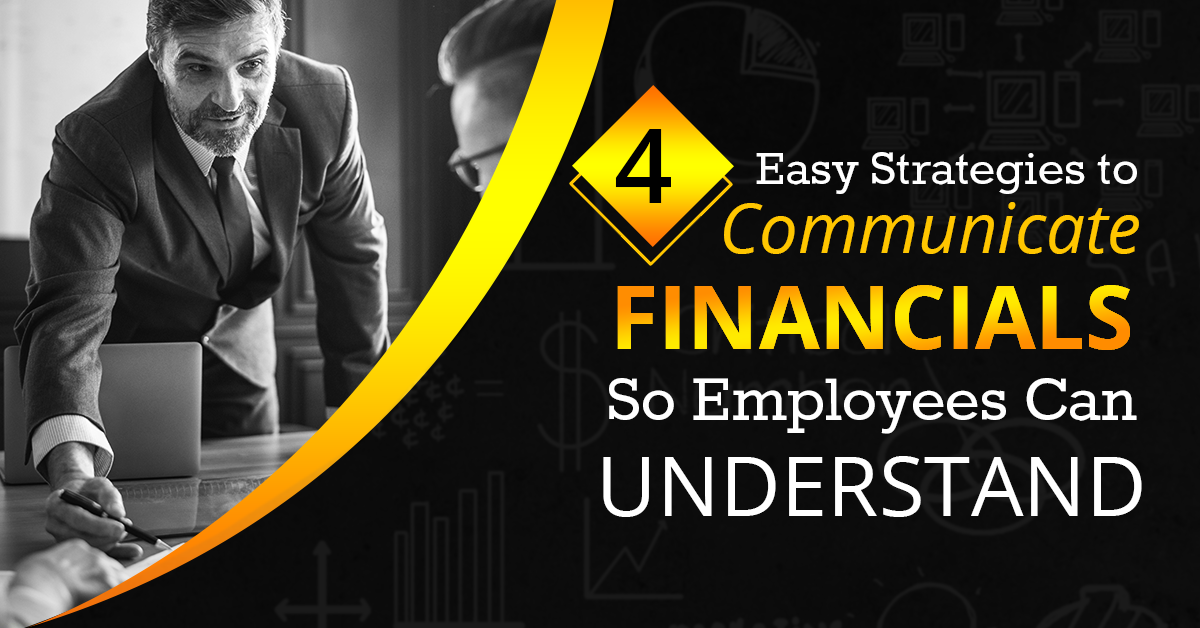

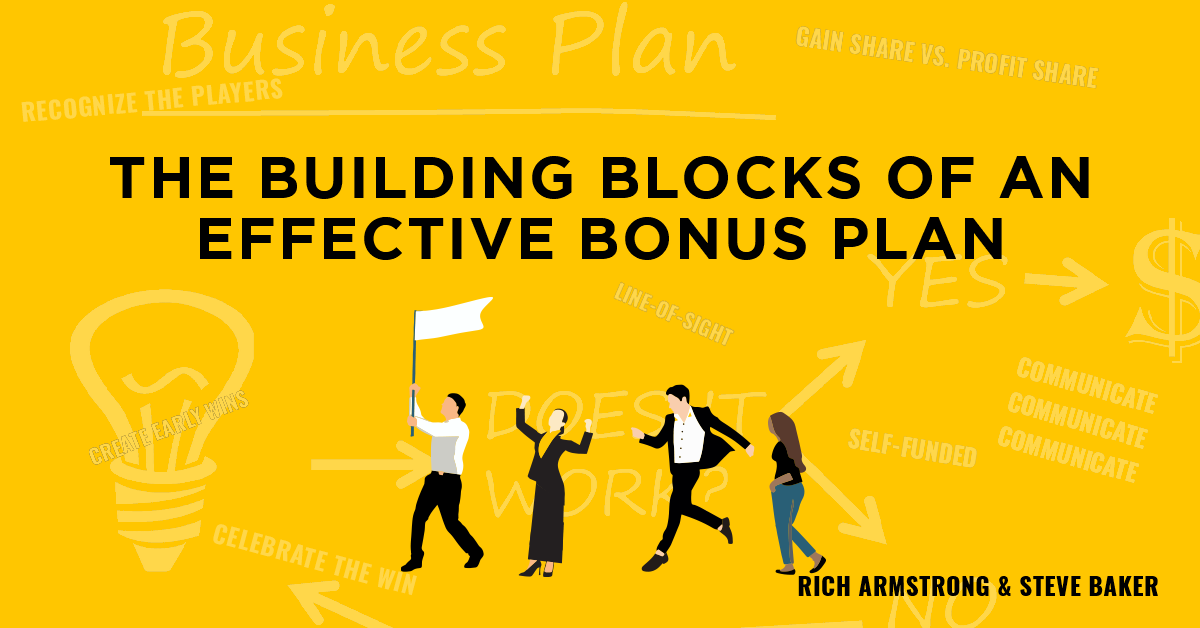
.png)
.png)
